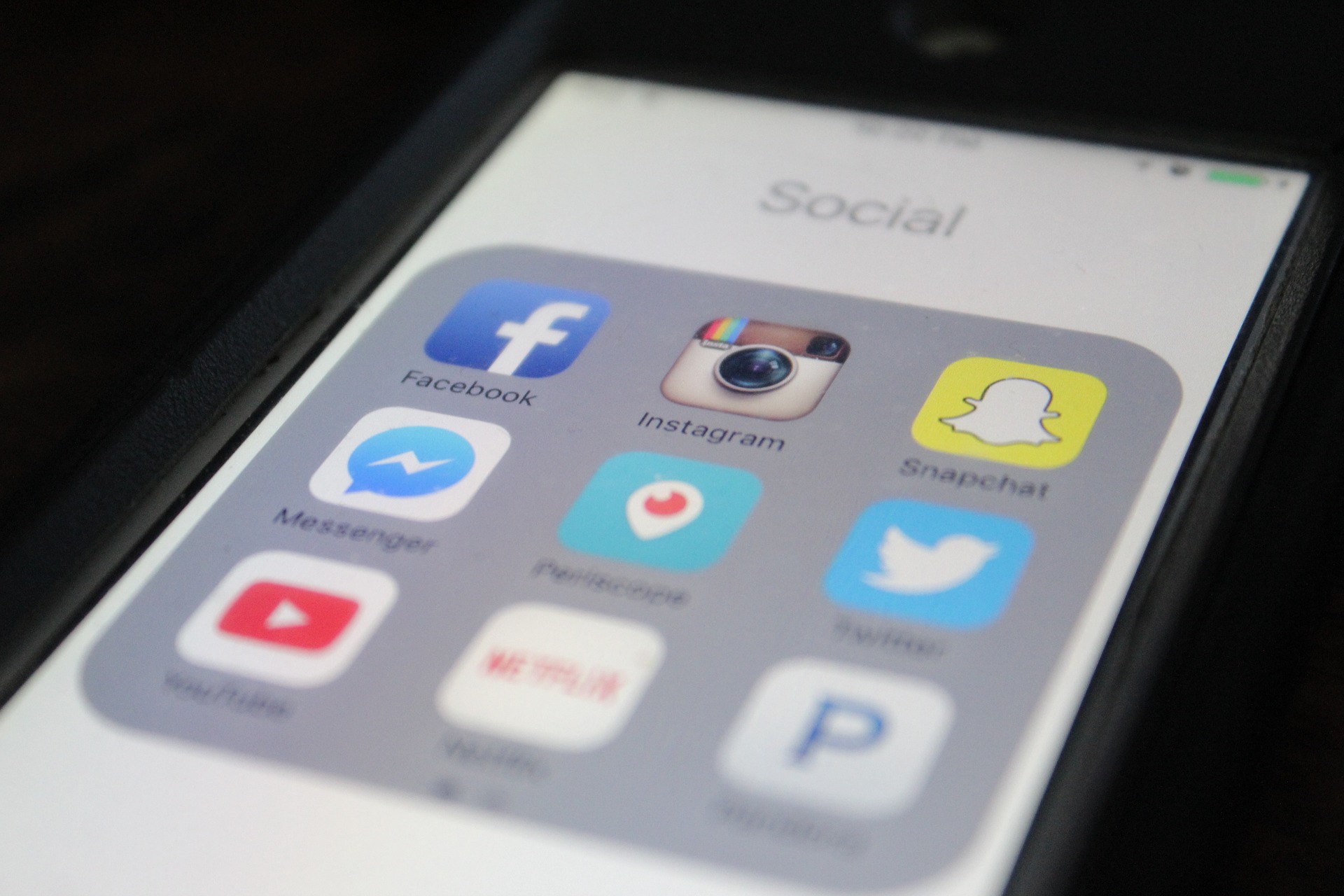Four of the five most popular forms of social media harm young people’s mental health, with Instagram the most damaging, according to research by two health organisations.
Instagram has the most negative impact on young people’s mental wellbeing, a survey of almost 1,500 14- to 24-year-olds found, and the health groups accused it of deepening young people’s feelings of inadequacy and anxiety.
The survey, published on Friday, concluded that Snapchat, Facebook and Twitter are also harmful. Among the five only YouTube was judged to have a positive impact.
The four platforms have a negative effect because they can exacerbate children’s and young people’s body image worries, and worsen bullying, sleep problems and feelings of anxiety, depression and loneliness, the participants said.
The findings follow growing concern among politicians, health bodies, doctors, charities and parents about young people suffering harm as a result of sexting, cyberbullying and social media reinforcing feelings of self-loathing and even the risk of them committing suicide.
“It’s interesting to see Instagram and Snapchat ranking as the worst for mental health and wellbeing. Both platforms are very image-focused and it appears that they may be driving feelings of inadequacy and anxiety in young people,” said Shirley Cramer, chief executive of the Royal Society for Public Health, which undertook the survey with the Young Health Movement.
She demanded tough measures “to make social media less of a wild west when it comes to young people’s mental health and wellbeing”. Social media firms should bring in a pop-up image to warn young people that they have been using it a lot, while Instagram and similar platforms should alert users when photographs of people have been digitally manipulated, Cramer said.
The 1,479 young people surveyed were asked to rate the impact of the five forms of social media on 14 different criteria of health and wellbeing, including their effect on sleep, anxiety, depression, loneliness, self-identity, bullying, body image and the fear of missing out.
Instagram emerged with the most negative score. It rated badly for seven of the 14 measures, particularly its impact on sleep, body image and fear of missing out – and also for bullying and feelings of anxiety, depression and loneliness. However, young people cited its upsides too, including self-expression, self-identity and emotional support.
– Denis Campbell
Read More: Facebook and Twitter ‘harm young people’s mental health’
Photo Source: Pixabay Images








Leave A Comment